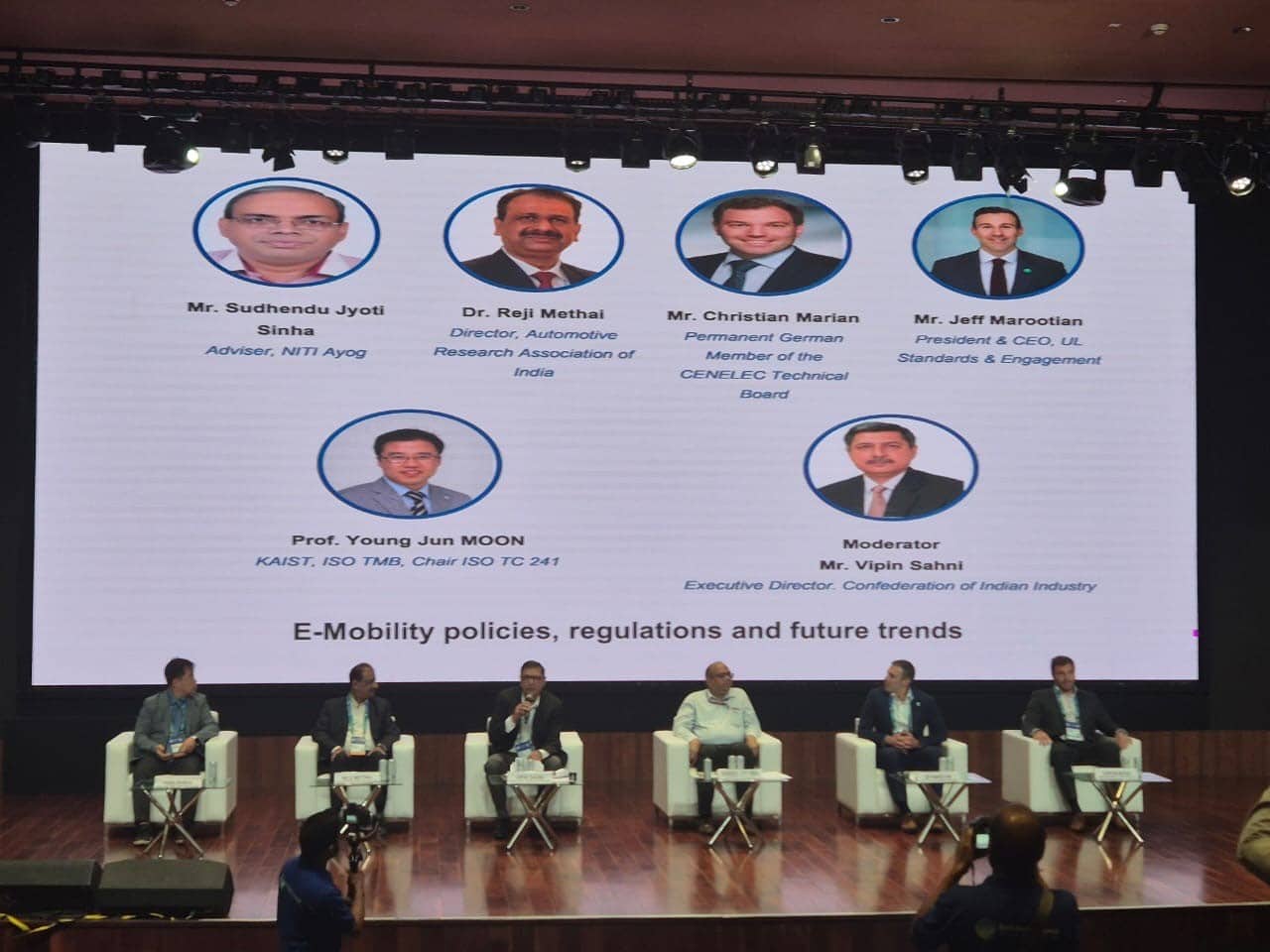Teresa López Barajas
Open Data in Mexico: Challenges and Opportunities
On May 29–30, government officials, civil society organizations, and academics from Mexico, Latin America, and the European Union came together to discuss the future of open data in Mexico at the event “Reconfiguring Open Government: A New Era for Open Data in Mexico”, organized by Ethos and the Agency for Digital Transformation and Telecommunications, with the support of Indico Global.
Speakers emphasized that open data is essential to promote civic engagement, government accountability, and evidence-based policymaking. From an economic perspective, it also helps identify consumption patterns and potential users. Therefore, ensuring that open data is practical, secure, and accessible to all is a shared priority.
Discussions covered the need to strengthen the open data ecosystem so that it transcends administrations, and to shift from merely publishing downloadable files to providing information that is truly useful for people. International experiences—particularly from the EU—were shared to illustrate how user-centered design, interoperability, and the use of open standards can help build more sustainable and impactful data ecosystems.
The discussion
Representatives from the federal government, civil society organizations, and academia from Mexico, Latin America, and the European Union came together to discuss open data during the event “Reconfiguring Open Government: A New Era for Open Data in Mexico,” organized by Ethos and the Agency for Digital Transformation and Telecommunications, with support from Indico Global.
For civil society, open data is essential to promoting civic participation and government accountability. It also enables evidence-based solutions and, from an economic perspective, helps identify consumption patterns and potential users. This is why it is vital to ensure that anyone interested can access open data in a practical, safe, and reliable way.
This was emphasized by Dalia Toledo, Director of Anti-Corruption and Public Finance at Ethos Public Policy Innovation, during the event that brought together experts from Mexico, Latin America, and the European Union on May 29–30 to discuss the strengths and challenges of open data and to share international experiences that can help strengthen its use.
On the essence of open data, Omar González, Coordinator of Data Analysis at the Agency for Digital Transformation and Telecommunications, noted that for the federal government, open data must meet certain criteria: they must be justified, relevant, and useful to the public; they should also be accurate, objective, credible, precise, free of charge, and open for public use.
Irving Morales, Director of Data Analysis at the same agency, explained that the government is now approaching data publication as a system that involves people and processes. He highlighted key challenges: the need to turn data into useful information—moving beyond merely publishing downloadable files—and the importance of developing a sustainable publication ecosystem that can endure beyond a single administration.
Later, José Luis Ros-Medina, Executive Secretary of the International Academic Network on Open Government, delivered the keynote address “Open Government: Good Practices for Transparency and Accountability.” He shared successful experiences and lessons learned from the implementation of open government policies in the European Union, which could help enhance transparency, citizen participation, and accountability within public institutions in Mexico.
Ros-Medina also highlighted the link between artificial intelligence and open government, stressing that open government and smart government must be developed in parallel. “AI can help build more open governments; it can improve transparency,” he said.
On the second day, two panel discussions were held. The first, titled “Best Practices in Open Data from Mexico and the EU: How Can We Apply Them in Our Countries?”, featured Esther Manzanera Delgado, an expert in transparency, open data, and accountability with a gender perspective. She emphasized the importance of applying a gender lens throughout the open data cycle—from collection to use—to avoid perpetuating inequality or making key population groups invisible.
In the same session, Eva María Méndez Rodríguez, a scholar from the Universidad Carlos III de Madrid, highlighted the strategic role of data science in academic research, especially within universities, and how these institutions can be key partners in improving the quality, accessibility, and analysis of public data. José Luis Ros-Medina also pointed to good practices from the EU, such as interoperability, user-centered design, and the use of open standards, proposing viable paths for their adaptation and implementation in Latin American countries.
The second panel, “Challenges of Data Openness in Latin America,” featured critical reflections from regional experts. Violeta Belver, Communications and Community Coordinator at the Latin American Initiative for Open Data, presented key findings from the second edition of the Global Data Barometer. She stressed that data openness only makes sense if it impacts people’s daily lives and helps solve real problems at the local level.
Patricia Reyes Olmedo, a professor at the Faculty of Law at the University of Valparaíso, Chile, noted that her country is already taking steps toward legislation on artificial intelligence and open data, with a focus on dignity and human rights. Finally, Edgar Ruvalcaba, Coordinator of the Academic Network on Open Government in Mexico, emphasized the need to develop a national open data policy to provide coherence and direction to institutional efforts in light of the new regulatory and technological landscape.





